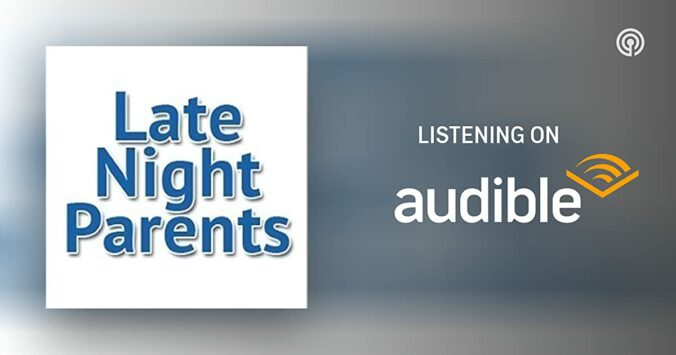The answer is: It depends.
If you’re creating interesting content that your listeners want to hear, then your podcast can be as long as it takes to keep them engaged.
The length of your podcast also depends on your subject, industry or genre. It could be that around 15-20 minutes perfect for your listeners. But maybe your specific audience wants more in-depth, exploratory information; in which case, 45-90 minutes would provide more value.
In this post we’ll highlight various factors to keep in mind when planning your podcasts, helping you to determine how long your podcast episodes should be.
What’s the average Podcast length?
The average length of a podcast is 36 minutes.
However, that figure was calculated in December 2019. So, chances are high that the average podcast length is now less, with trends indicating that shorter podcasts are more popular.
One of the reasons for shorter podcasts is not just about listener time. They also allow you to podcast more frequently. Most people like to listen to a topic in one sitting. On the other hand, many of us are happy to stop and start longer podcasts over a period of time.
A great example of a short, popular podcast is Radio Headspace. Producing daily podcasts of around 4-5 minutes, subscribers can tune in anytime for some positive mindfulness.
Successful longer podcasts include The Joe Rogan Experience. A well-known US comedian, martial artist, TV host and actor, Joe interviews a wide variety of guests about anything and everything – from aerospace entrepreneurs to filmmakers, authors to comedians and many others. Joe’s podcasts are often three hours or more, yet he commands a huge following of thousands.
Benefits of shorter Podcasts
Let’s be honest – we’re spoilt for choice when looking for a podcast. So, here are six good reasons why opting to do shorter podcasts can be better:
- When searching for a particular subject, people often choose the shortest one
- Shorter podcasts mean extra time to produce more episodes; more episodes mean publishing at a greater frequency – daily or weekly
- Regular, frequent podcasts help to grow your subscriber list
- People are busy. With less time to commit, your audience is more likely to listen to the end and keep coming back for more
- Conversely, binge listening to podcast episodes is as popular as binge watching boxsets, helping to keep your audience engaged
- Shorter podcasts often fit in with daily walks, runs or work commutes
Benefits of longer Podcasts
Longer podcasts can indicate that you are an industry thought leader. And they allow you to drill deeper into your subject. This results in absorbing content that keeps your listeners interested, engaged and subscribed. Longer podcasts will:
- Provide you with the time to discuss a topic in more detail
- Allow you to interview other industry specialists or special guests
- Give you an opportunity to cover multiple topics or segments per episode
- Help your audience trust you as someone who knows what they’re talking about
- Entertain and educate people when on long car journeys or doing mindless chores around the house or garden
- Keep your audience subscribed
Remember – don’t be boring! There’s no point in making a 90-minute podcast if you can’t keep your listeners engaged. You’re more likely to lose subscribers than gain them. Always leave them wanting more.
Points to consider when planning the length of your Podcast
How much free time do your listeners have to devote to your podcasts? If you’re targeting people’s hobbies, video gaming, TV and film reviews, and other leisure pursuits, studies show that around an hour or more is valuable.
Whereas if you’re into health and fitness, self-improvement, business news or something educational, keep your recordings to the average podcast length of around 30 minutes.
So, in a nutshell, consider:
- Your subject matter – does it require a lot of detail?
- Your audience – do they have time or even want to listen to a long podcast, or would they prefer short bites?
- Episode frequency – whether you’ve decided on daily, weekly or monthly, make sure you have enough rich content to keep your listeners happy
- Your time – ensure you have the time to record regularly and have access to people to interview if needed
